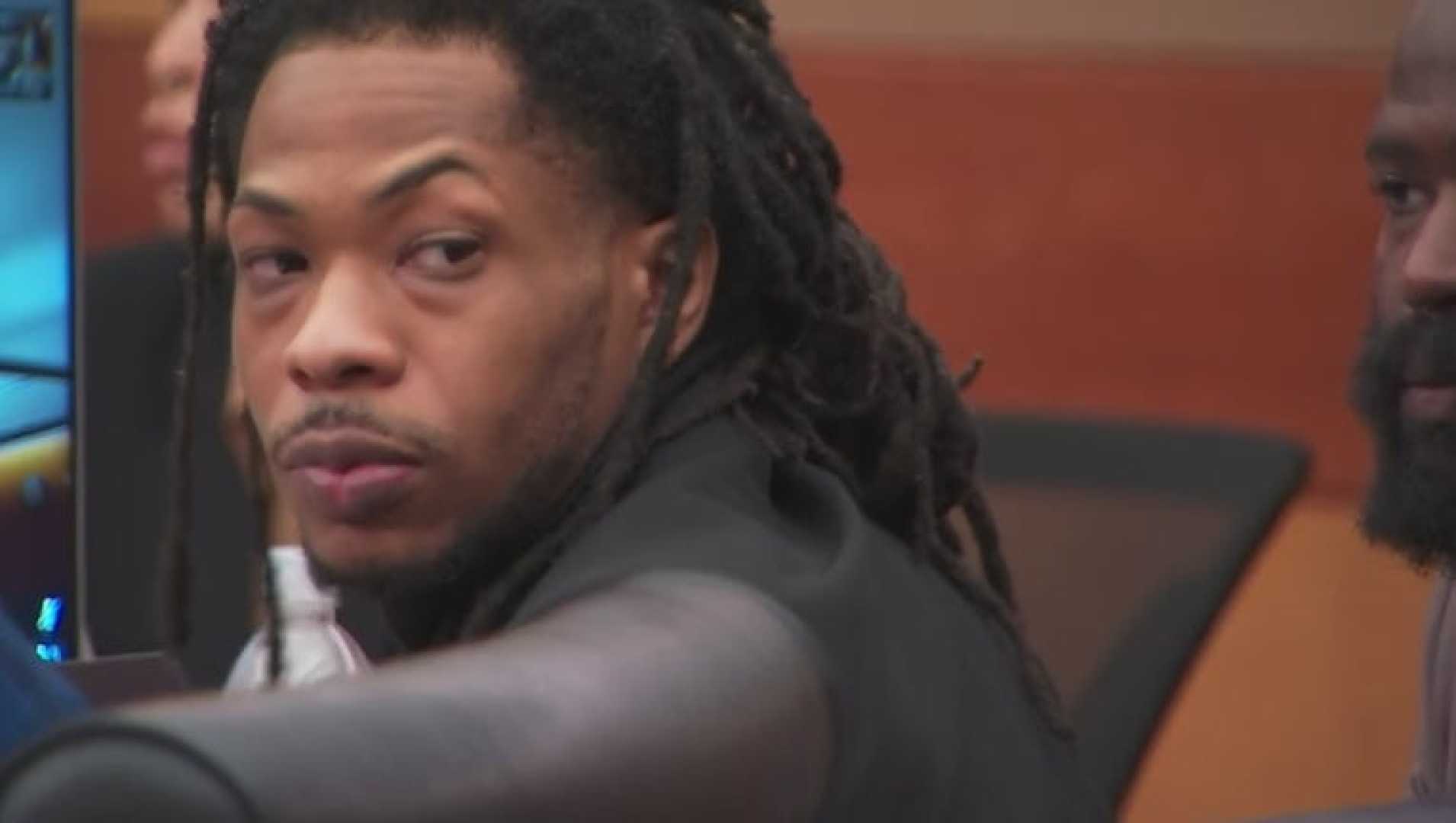News
Atlanta Rapper Ca$h Out Sentenced to Life for Sex Trafficking Conviction

FULTON COUNTY, Ga. — Atlanta rapper Ca$h Out, whose real name is John Michael Hakeem Gibson, was sentenced to life in prison plus 70 years on Monday after a jury found him guilty of serious offenses, including rape and sex trafficking. The sentencing follows a high-profile trial that highlighted the rapper’s role in a disturbing criminal enterprise.
The jury convicted Gibson last week after a month of testimony and evidence presenting him as a leader of a sex trafficking ring that exploited vulnerable women. Prosecutors described how Gibson used his fame and wealth to recruit women from social media and engaged them in prostitution.
During the sentencing, multiple victims spoke out about the trauma they faced, sharing heart-wrenching accounts of how Gibson’s actions affected their lives. One victim stated, “For the rest of my life, I will fear that he will kill me, all because I wouldn’t do what he wanted me to do.” Another parent lamented how Gibson had “literally stole the souls” of their daughters.
The prosecution argued that the evidence showed “the very worst of human behavior toward other human beings.” Judge Kelly Lee emphasized the seriousness of the charges, linking Gibson’s behavior to a wider pattern of manipulation and fear that included threats, coercion, and violence.
Besides Gibson, two co-defendants were also found guilty: his mother, Linda Smith, known as “Mama Ca$h Out,” received a 30-year sentence, while cousin Tyrone Taylor was sentenced to life in prison plus 70 years. All three defendants are required to register as sex offenders and have no contact with the victims.
Gibson’s attorney argued for a reduced sentence and claimed there was a lack of tangible evidence against him, but the judge maintained the severity of the crimes warranted such a lengthy sentence. The trial revealed a grim operation that authorities say lasted over seven years and involved intimidation tactics, including taking away victims’ identification and isolating them from their families.
The case prompted significant discussions on the abuse of power in the music industry and the exploitation of vulnerable individuals, affecting the community in Atlanta and beyond.












